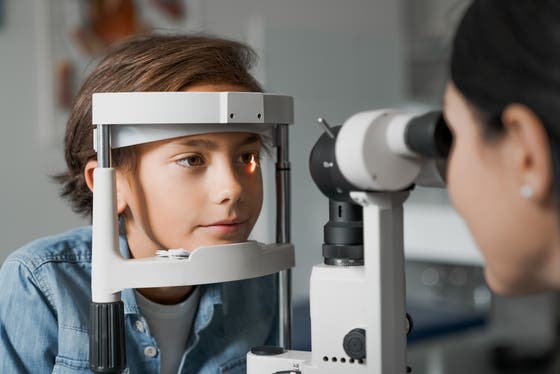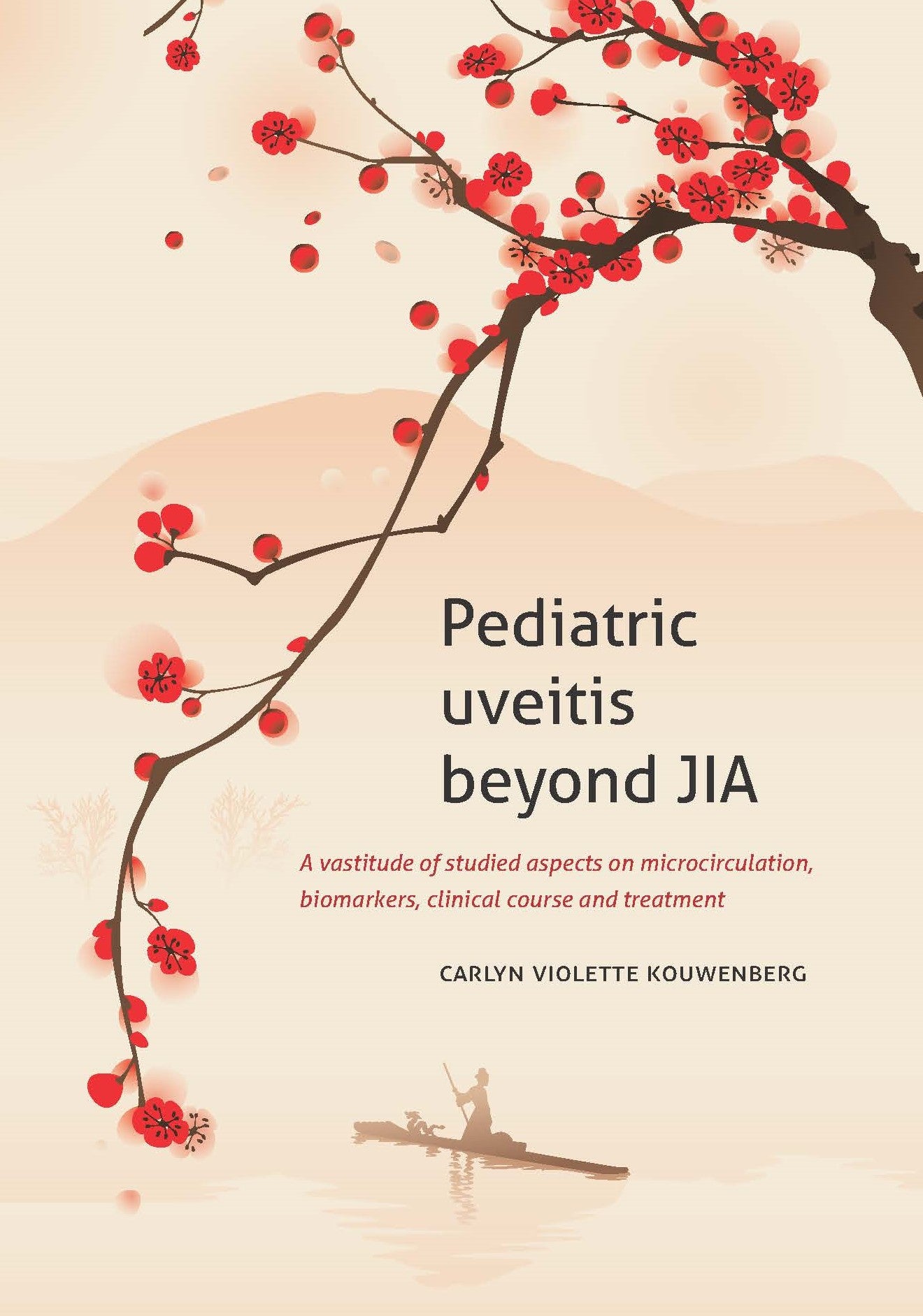May 27: New research provides further evidence that pediatric uveitis is a systemic immune disease

Pediatric uveitis might be a manifestation of a disease that affects not only the eye but also the systemic immune system and microcirculation. Therefore, it is important to adopt a multidisciplinary approach in the management of pediatric uveitis patients to provide the best possible care. These were the main takeaways from the PhD research by Carlyn Kouwenberg from UMC Utrecht.
Childhood uveitis – which affects 1 in 1,000 children in the Netherlands - represents a rare group of inflammatory eye diseases with a varied spectrum of clinical presentation and treatment. Physicians face several challenges in the management of this potentially sight-threatening disease. Research into pediatric uveitis has mainly focused on uveitis associated with juvenile idiopathic arthritis (JIA), leaving the other types less understood. This is problematic since 34 percent of children with uveitis already present with at least one ocular complication at time of diagnosis, and 86 percent develop ocular complications within three years of diagnosis. In this thesis, Carlyn Kouwenberg (Department of Ophthalmology, UMC Utrtecht) and colleagues aimed to get a deeper insight in the pathophysiology of pediatric uveitis and the role of microcirculation, to improve the current diagnostic and therapeutic strategies, give better insight in the prognosis and bring us to a more comprehensive and integrated approach in pediatric uveitis.
Microcirculation abnormalities
Carlyn Kouwenberg and her co-researchers found that children with idiopathic chronic anterior uveitis had more ocular complications compared to children with uveitis associated with juvenile arthritis. Also, presence of symptoms at younger age increases the risk for ocular complications in this patient group. Furthermore, they proposed additional diagnostics by measuring retinal nerve fibre layer thickness with help of an advanced technique called optimal coherence tomography. Moreover, they investigated adalimumab - a novel treatment modality in pediatric uveitis patients. It was shown that treatment with adalimumab achieved disease inactivity in the majority of patients.
Kouwenberg also found changes in certain blood proteins with key functions in the coagulation and complement cascade in children with eye inflammation affecting the blood vessels of the retina, suggesting that the microcirculation might play a role. Finally, the investigators found abnormalities in the small blood vessels in the fingers via nailfold capillaroscopy, indicating involvement of the systemic microcirculation in pediatric uveitis.
Systemic disease
According to Carlyn Kouwenberg, this finding supports the believe that pediatric uveitis might be a manifestation of a disease affecting not only the eye but the systemic immune system and microcirculation. Moreover, it highlights the importance of a multidisciplinary approach in the management of pediatric uveitis patients to provide the best possible care. These new insights may serve as a foundation for more personalized interventions and aid in the development of new approaches for treatment.
PhD defense

Carlyn Kouwenberg (1991, Oss) defended her PhD thesis on May 23, 2024 at Utrecht University. The title of her thesis was “Pediatric uveitis beyond JIA - A vastitude of studied aspects on microcirculation, biomarkers, clinical course and treatment”. Supervisor was Prof. Joke de Boer, MD PhD (Department of Ophthalmology, UMC Utrecht). Co-supervisors were Viera Kalinina Ayuso, MD PhD (Department of Ophthalmology, UMC Utrecht) and Jonas Kuiper, PhD (Center for Translational Immunology, UMC Utrecht). In October 2023 Carlyn started her residency in Ophthalmology at UMC Utrecht. This research project was supported by the Dutch Ophthalmology Foundation Oogfonds, the F.P. Fischer Foundation, and the ODAS Foundation.
